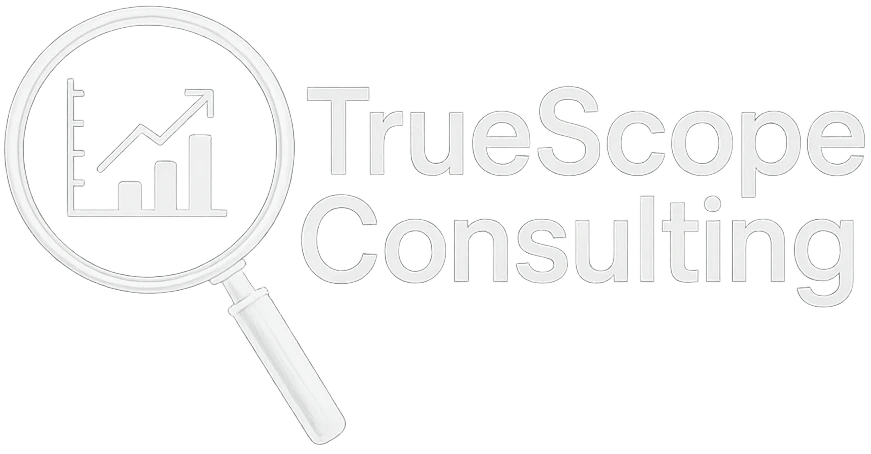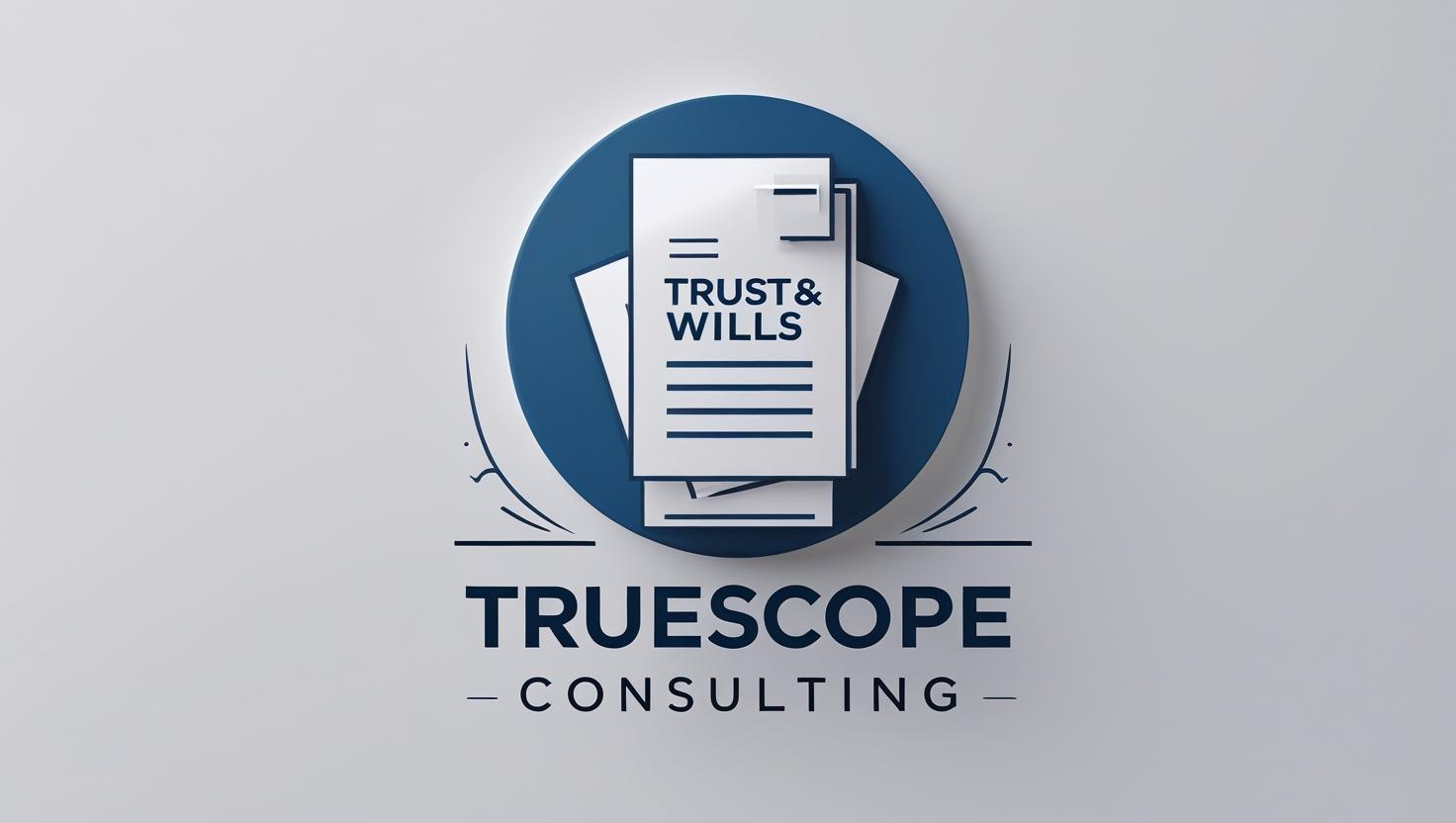A divorce forensic accountant helps uncover hidden income, analyze lifestyle spending, and trace assets during high-stakes divorces.
Divorce can be financially intricate – especially if there are suspicions of hidden income, undisclosed assets, or unusual financial activity by one spouse. Bringing in a forensic accountant for a divorce case can ensure transparency, support an equitable settlement, and protect your financial future. Below, we answer frequently asked questions about the role and value of forensic accountants in divorce.
Is Hiring a Forensic Accountant Worth It in Divorce?
Absolutely. A forensic accountant in divorce cases can uncover hidden assets, evaluate financial disclosures, and help ensure an accurate division of marital property. Their expertise is especially important when:
- One spouse has exclusive control of the finances or runs a private business (situations ripe for concealing true income or siphoning off money).
- There’s suspicion of hidden bank accounts or assets that aren’t being disclosed. For example, if the standard of living seems higher than the income reported, something may be off.
- Spousal or child support calculations require a precise determination of income – a forensic accountant can adjust for things like business expenses being run through personal accounts or vice versa.
- There are signs of financial misconduct, such as large unexplained withdrawals, sudden debts that seem fake, or transfers of funds to relatives or trusts without clear reason.
In such scenarios, the cost of hiring an expert is often justified by the potential to recover significantly more in assets or support, or to prevent an unjust outcome.
What Services Do Forensic Accountants Provide in Divorce?
Forensic accountants offer a range of investigative and analytical services in a divorce context, including:
- Asset tracing: This is the process of discovering undeclared accounts, properties, investments, or other assets. If a spouse moved money into, say, an unknown brokerage account or bought cryptocurrency, we aim to find it. We follow paper trails and electronic records to account for all assets that should be considered marital property.
- Business valuation: If one or both spouses own a business, determining its true value is crucial (for equitable distribution or support, depending on the state). Forensic accountants dive into the books to assess revenue, expenses, and asset values, sometimes adjusting for any manipulation. The result is an unbiased valuation that can be used in negotiations or court.
- Income analysis: Especially for self-employed individuals or those with irregular income, we evaluate what the actual earnings are. This can involve looking at bank deposit histories, tax returns, and even lifestyle spending to gauge if the reported income is accurate. It’s common for business owners to minimize official income; we help ensure support calculations use the real income level.
- Lifestyle audits: This involves comparing reported income to actual expenditures. If someone claims they only earn $50,000 a year but credit card and bank records show $100,000 in spending, that discrepancy suggests unreported income or use of undisclosed assets. Documenting this helps in arguing for a fairer share or appropriate support.
- Digital forensics: Investigating financial data in emails, accounting software, cloud storage, or even crypto wallets. Sometimes clues to hidden assets or financial plans are found in emails or files (e.g., an email to a broker about an account, or a QuickBooks file for a side business). Also, analyzing cryptocurrency transactions is increasingly a service, given the rise of Bitcoin and others as hiding places for assets.
In short, forensic accountants help build a complete financial picture. They don’t take things at face value – they verify and uncover what’s beneath the surface.
How Much Does a Forensic Accountant Cost in Divorce Cases?
The costs can vary based on the complexity of the case and region, but here are some factors:
- Hourly Rates: Forensic accountants often charge between $300 to $500 per hour for divorce-related work, depending on their expertise and the local market rates. Highly experienced experts or those in large cities might charge more.
- Case Complexity: A straightforward case (perhaps tracing a few bank accounts and credit cards for a year or two) might cost only a few thousand dollars in work. But a complex case with multiple businesses, many years of transactions, or uncooperative parties can require tens of thousands of dollars’ worth of analysis and perhaps testimony.
- Retainers and Estimates: Many forensic accountants will require a retainer upfront (an advance payment) and will bill against it. It’s important at the outset to discuss the scope of work and get at least a rough estimate. A good practitioner will tell you if, for example, “To analyze five years of records for these three accounts and this business, we estimate ~50 hours of work,” so you can budget accordingly.
It’s important to get a clear scope and budget estimate at the beginning of the engagement. Prioritize the most critical issues first (for instance, start with searching for hidden accounts where you strongly suspect something, before analyzing every single transaction in the marriage). Often, initial findings will guide whether deeper digging is warranted.
How Do Forensic Accountants Find Hidden Assets?
Forensic accountants apply proven investigative techniques to uncover undisclosed finances:
- Document review: They review years of bank statements, credit card bills, loan applications, tax returns, and other financial records. Patterns or anomalies pop out – like regular transfers to an unknown account, or interest income on a tax return that indicates a bank account not yet identified.
- Public records search: Using databases, they can find real estate ownership, corporate affiliations, vehicle registrations, etc. These can reveal assets like a rental property or a shell company.
- Interviews and depositions: In some cases, a forensic accountant may participate in questioning the spouse (through attorneys) to get more information. Even if the spouse is evasive, their answers can lead to new lines of inquiry.
- Collaborating with attorneys: They’ll suggest targeted subpoenas – for instance, if there’s a mysterious transfer to XYZ Bank, the attorney can subpoena XYZ Bank for records of any accounts in the spouse’s name. The forensic accountant then reviews those records when produced.
- Following the money: Essentially, every dollar that came in and went out is traced. If $100,000 was withdrawn from a brokerage account one month, we ask “where did it go?” If it doesn’t show up in another known account, that’s a flag. We then investigate that gap, possibly uncovering a new account or asset.
These steps reveal discrepancies and hidden streams of money. The forensic accountant’s findings will ensure that asset division and support calculations consider the true financial situation, not the manipulated one.
Can a Forensic Accountant Help in Court?
Yes. Forensic accountants don’t just work behind the scenes – their work product often ends up in court, and they can play a direct role by serving as expert witnesses. Here’s how they help in court:
- Court-admissible reports: After analysis, the forensic accountant usually provides a written report or summary of findings. This could detail, for example, “John Doe’s actual income for 2022 is estimated at $120,000, not $80,000 as stated, after accounting for unreported cash receipts and personal expenses paid through the business.” Such reports, backed by evidence, can be submitted to the court.
- Expert testimony: If the case goes to trial (or even a deposition beforehand), the forensic accountant can testify under oath to explain their analysis and conclusions. They provide an independent opinion, which can carry significant weight on issues like valuation or the presence of hidden assets. Judges often find expert testimony helpful in understanding complex financial matters.
- Demonstrative evidence: They may prepare charts, summaries, or tracing diagrams that make it easier for the court to see what happened financially during the marriage. For example, a chart showing a spouse’s reported income vs. actual spending over several years can visually make the case that income was underreported.
In many contentious divorce cases, the testimony of a forensic accountant has been pivotal in securing a fair result.
When Should You Hire a Forensic Accountant in a Divorce?
It’s generally wise to involve a forensic accountant sooner rather than later if you anticipate the need. Consider hiring one if:
- You have a strong suspicion your spouse is hiding income or assets (unexplained financial behavior, secretive actions, etc.). The earlier an expert can start gathering info, the better – before records disappear or memories fade.
- You own a business together or one spouse owns a business and a valuation or income analysis will be needed. Forensic accountants often work in tandem with business valuation experts or perform the valuation themselves if qualified. Engage them early to compile the necessary financial data from the business.
- The case involves significant assets or complex assets (multiple properties, investments, trusts, stock options, cryptocurrency). A forensic accountant can help identify and appraise these items for the divorce.
- There are unexplained behaviors – like your spouse suddenly taking out large sums of money, or you discover new debts or accounts. These can be red flags of financial maneuvering ahead of divorce, and an expert can help track what’s going on.
Even if you’re just at the stage of gathering information (pre-divorce or pre-mediation), a consultation with a forensic accountant can help map out a strategy: what to look for, what documents to request, etc.
Get Help with Divorce Financial Investigations
At TrueScope Consulting, we specialize in forensic accounting for divorce cases. Our team has seen it all – from spouses stashing cash in crypto, to business owners running personal expenses through their company, to complicated asset webs. Our services help uncover the truth and support equitable outcomes through expert analysis, clear reports, and discreet investigations.
If you’re in the midst of a divorce (or about to file) and need clarity on the finances, don’t hesitate to seek professional help. The cost of a forensic accountant can be a smart investment if it means achieving a fair settlement or award.
At TrueScope Consulting, our forensic accounting professionals hold certifications from the Association of Certified Fraud Examiners (ACFE), the world’s largest anti-fraud organization. This designation ensures that our methodologies follow best practices in fraud detection, asset tracing, and litigation support.
Contact TrueScope Consulting today for a confidential consultation. We’ll discuss your situation, outline how we can assist, and give you an idea of the scope and cost. Armed with the right financial facts, you can approach your divorce negotiations or court proceedings with confidence that your financial future is protected.
(Disclaimer: This article is for informational purposes only and does not constitute legal or financial advice. Please consult your attorney for advice specific to your case.)







